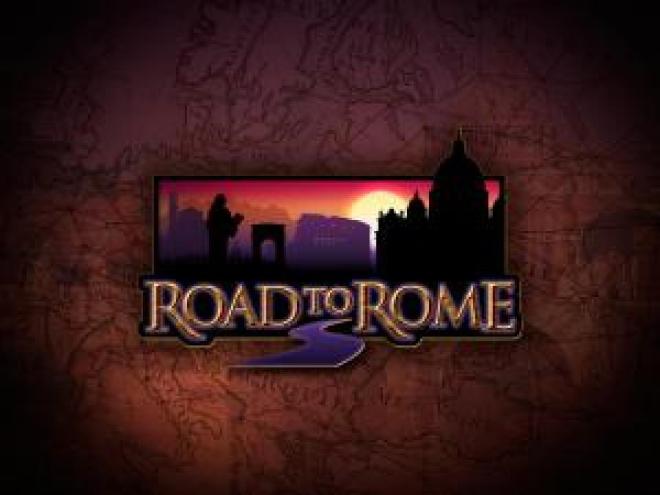A CRITIQUE OF THE HIGHER LIFE MOVEMENT
By Jay Wegter
INTRODUCTION
The concept of the higher Christian life arose in the nineteenth century in connection with the holiness tradition in America. The movement grew in popularity and ultimately spread to England. Keswick, England became the home of the higher life conventions. In time, the movement returned to America with great momentum. “The Higher Life movement has influenced the rise of other theologically conservative movements, the founding of a number of institutions, the growth of foreign missions, and the theological perspective of several denominations.”1
Description of the Movement
The higher Christian life is an explanation of the means and methods involved in advancing the believer’s progressive sanctification. The purpose of this paper is to identify the areas where the higher life model of sanctification differs from the scriptural doctrine of sanctification.
Though not identical, three terms are used synonymously to refer to the movement; “The higher Christian life,” the “Victorious Christian Life,” and “Keswick Teaching.” In this paper, any of the three terms may be used to refer to the whole body of higher life teaching.
HISTORIC BACKGROUND
The inception of the higher life movement is often identified with the publication of William Edwin Boardman’s book, The Higher Christian Life (1858). The book argued that Christ was to be received for sanctification sometime after justification. Continue reading















